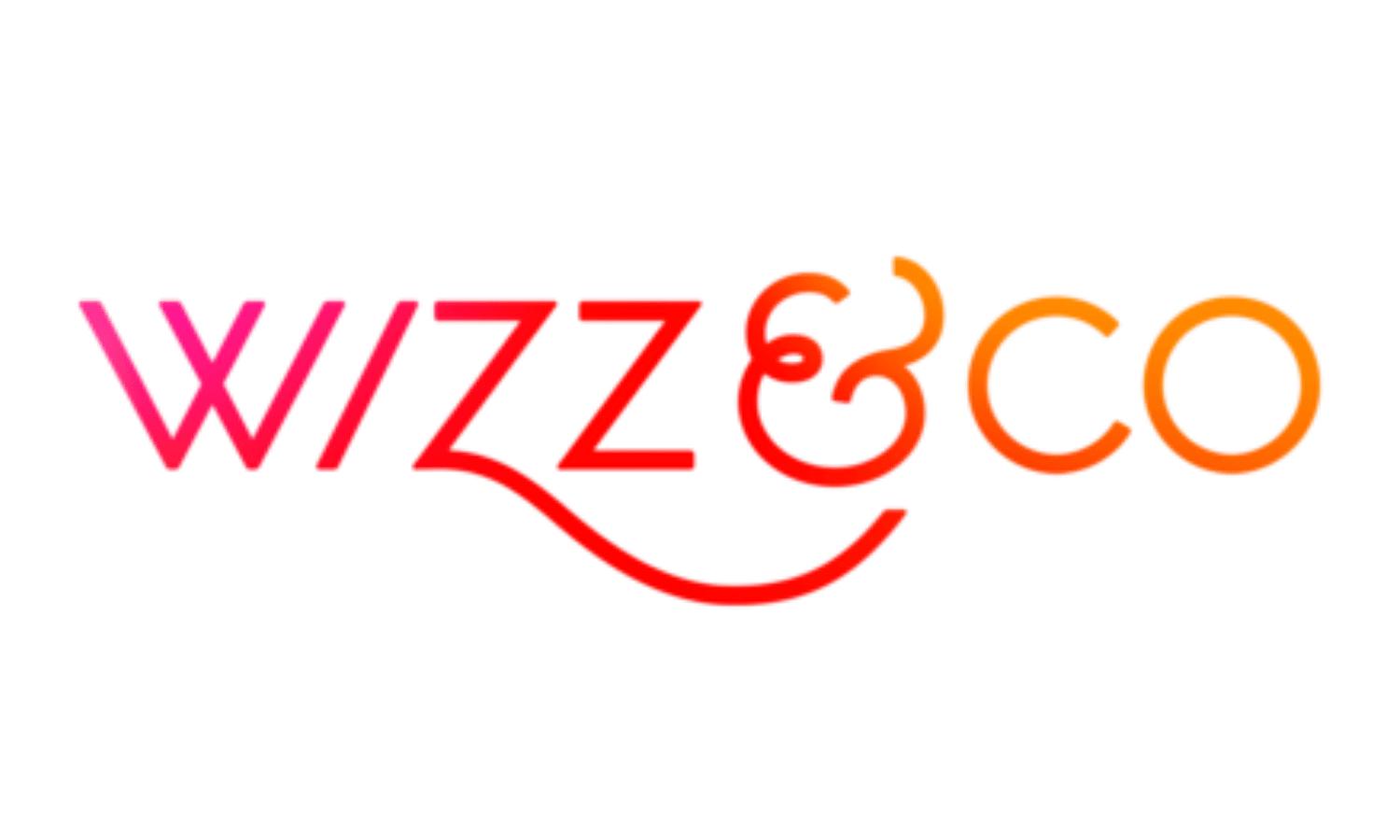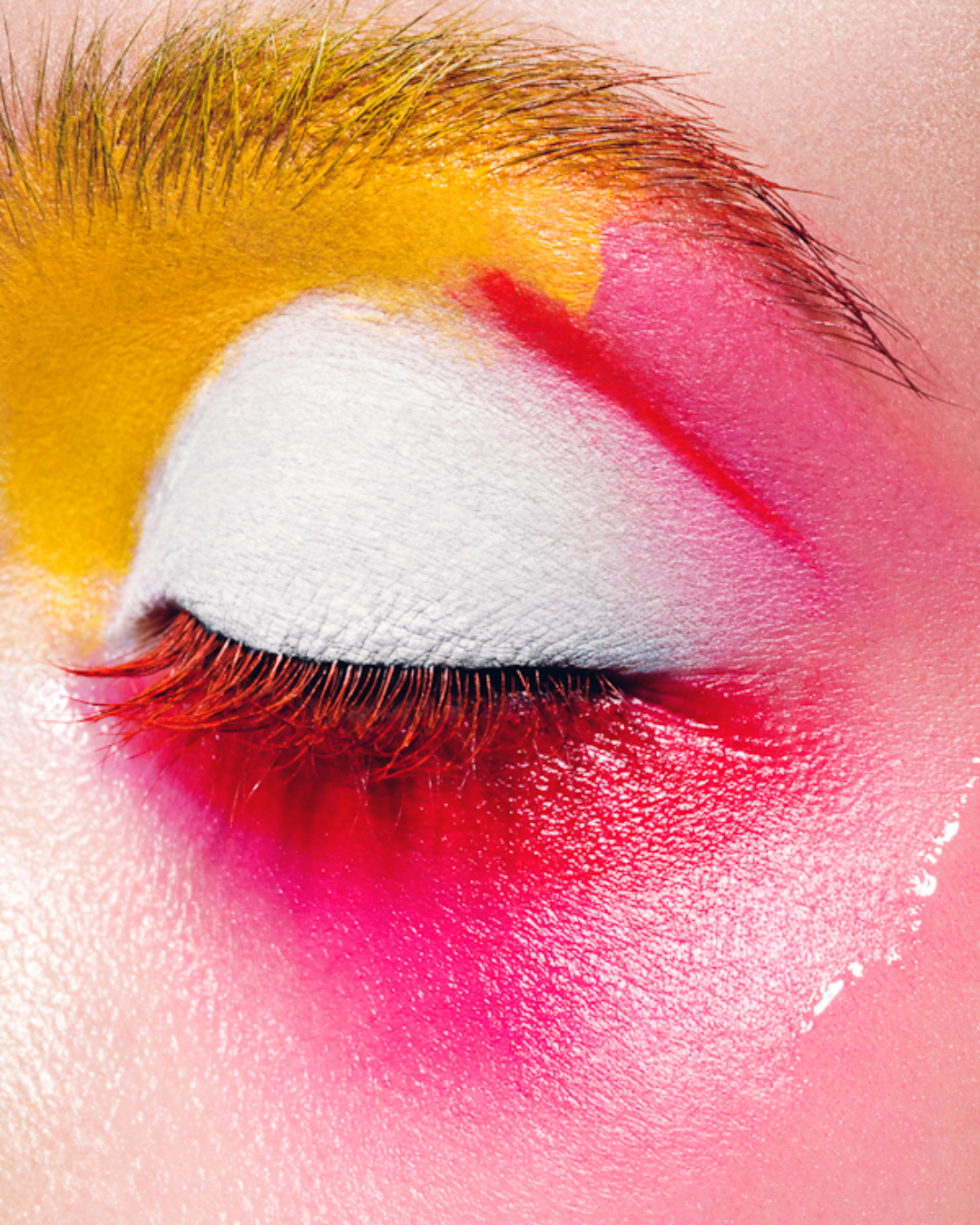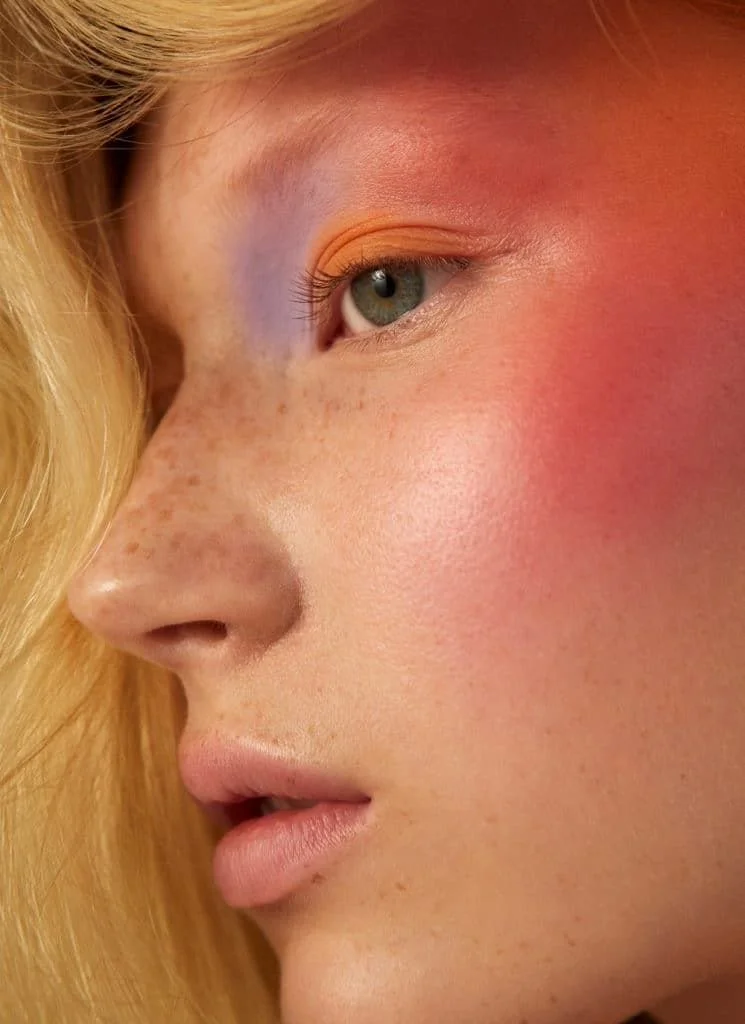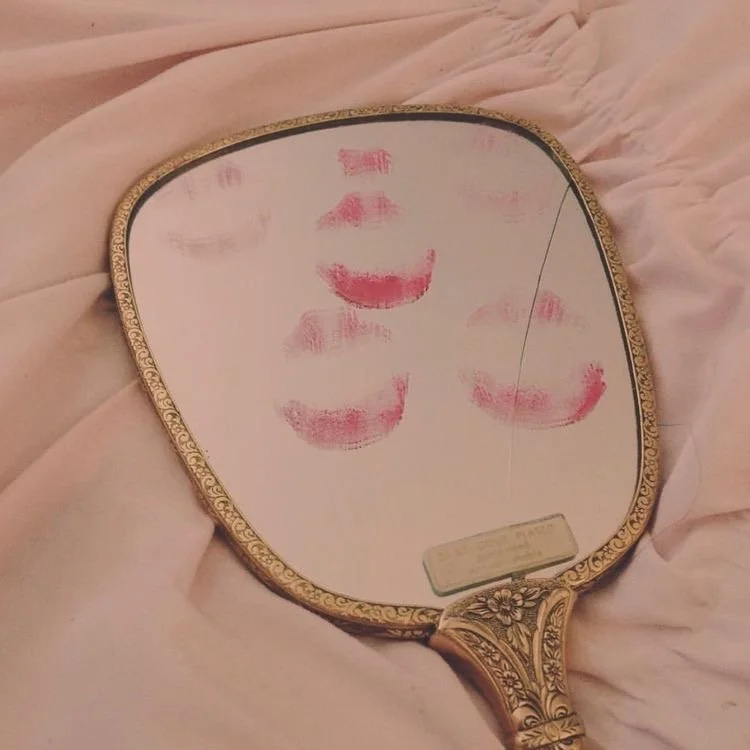Beauty and Wellness Trends 2024/25
In a world where trends keep changing faster than ever, it’s so important to keep ahead of the curve.
There are more beauty and wellness brands out there than ever which can make it so much harder for both existing brands and emerging brands to cut through the noise. Knowing what customers want and how they like to shop are the keys to unlocking growth.
Five themes that are dominating consumer trends
Understanding consumer sentiments and market dynamics is essential for grasping current trends and anticipating future ones. In the wake of the pandemic and amid economic challenges, I predict five predominant consumer trends shaping purchasing behaviours in the beauty and wellness industry
SUSTAINABILITY & VALUES
Consumers are increasingly prioritising sustainability and values in their purchasing decisions. Even if they aren't consistently buying sustainably, they're certainly considering it. However, the issue of sustainability is complex due to widespread greenwashing practices, making it challenging for consumers to discern genuinely eco-friendly brands. Consequently, it's crucial for brands to align with consumers' personal values.
Health is Wealth
"Health is Wealth" has become a prevailing mantra post-pandemic, dominating conversations worldwide. With the challenges faced by healthcare systems like the NHS and the impact of a global pandemic, individuals are increasingly seeking resources and products to proactively manage their health. Whether addressing physical well-being or mental wellness, many consumers are prioritising health above all else. As brands, there's a significant opportunity to provide answers and become valued sources of both information and products in this realm.
Tech & Science
The rapid evolution of technology and science, facilitated by the proliferation of AI, is a significant area of development across various industries, notably in beauty and wellness. The integration of technology and science into products not only enhances their efficacy but also fosters consumer trust. Brands leveraging this trend effectively can bolster consumer choice by providing innovative solutions. Brands need to reflect on how they can incorporate this trend into their business models to cultivate consumer trust to stay ahead in the competitive landscape.
Personalisation
The pandemic shifted our focus towards meeting our individual needs and how we can get them met. Brands that effectively communicate in a personal way to consumers to fulfil these needs by crafting personalised experiences will win. Whether through physical or digital channels, personalisation is paramount in establishing a strong connection with consumers and facilitating their search for tailored solutions.
Transparency & Trust
In today's uncertain world, many consumers prioritise feeling secure and safe when they feel a lack of trust in other areas of their lives. This presents an opportunity for brands to guide customers on a journey from initial unfamiliarity to trust in both the brand and its products. Whether through obtaining accreditations or sharing my behind-the-scenes of the business, the focus is on effectively communicating brand information to customers. By transparently showcasing credentials and values, brands can instil confidence and foster trust among consumers.
These five themes are weaving into every aspect of the beauty and wellness industry and are deeply intertwined with each other. With the beauty and wellness market becoming saturated with brands and an overwhelming amount of content, it’s important to reflect and reposition your brand to differentiate yourself from your competitors. At my beauty and wellness trend event, I analysed the trends affecting the industry’s categories and in this blog, I’m giving you a little sneak peak. You can watch the full replay below.
The Beauty and Wellness Trends
Skincare saturation
Over the past decade, the clean beauty market has experienced exponential growth, making it easier than ever for brands to enter and expand within this space. However, with the market now saturated with numerous clean beauty brands, it's imperative for brands to carve out specific niches. This entails delving deeper into various aspects such as sustainability within skincare routines, leveraging biotechnology, and enhancing the performance of skincare ingredients. By focusing on addressing consumers' specific problems and needs, brands can differentiate themselves and provide added value to their customers.
As consumer awareness of greenwashing increases, the luxury skincare industry is shifting towards prioritising lab-made excellence. These products are anticipated to offer purer, more potent formulations with reduced environmental impacts, thanks to extensive research into safer and more effective ingredient growth methods. Moreover, there will be heightened scrutiny on manufacturing processes, ingredient sourcing, performance, and product provenance within the natural and organic skincare sector. An intriguing development lies in the evolution of ingredient cultivation methods to ensure the highest quality ingredients.
Looking ahead, biotechnology emerges as a promising avenue for skincare innovation, blending nature and science to create more sustainable products. This approach allows brands to harness the benefits of natural ingredients while leveraging scientific advancements to mitigate resource depletion. Embracing biotechnology represents a harmonious marriage of nature and progress, offering a pathway to developing skincare solutions that are both effective and environmentally sustainable.
Makeup
Gen Z is often at the forefront of makeup trends, showcasing a spectrum of looks from natural to bold expressions of creativity. Influencers play a significant role in shaping these trends, which range from understated, natural makeup to vibrant and unconventional styles. This generation prioritises self-expression, evident in their embrace of colourful pimple patches, vivid eyeliners, and other innovative makeup choices. The theme of using makeup as a form of personal expression is poised to further evolve and diversify, reflecting Gen Z's ongoing fascination with creativity and individuality.
In addition to the vibrant trends led by Gen Z, there's also a growing focus on makeup for older women. As society starts to celebrate beauty at every age, there's a rising demand for makeup products and techniques tailored to the needs of mature skin. This includes formulations designed to address specific concerns such as fine lines, wrinkles, and age spots, as well as techniques that enhance natural beauty without accentuating signs of ageing. From skincare-infused makeup products to tutorials emphasising age-appropriate looks, the beauty industry is embracing inclusivity and diversity by catering to the needs and preferences of older women. As a result, makeup trends are evolving to encompass a broader range of ages, ensuring that women of all generations feel empowered and represented in the beauty landscape.
Fragrance
Fragrance emerged as one of the fastest-growing categories within the beauty industry, showcasing remarkable resilience even amidst the challenges of the pandemic. As individuals sought solace and comfort during uncertain times, many found refuge in the transformative power of scent, fostering a newfound appreciation for fragrances. This heightened awareness of the emotional impact of scent has fueled a surge in niche fragrances over the past decade, mirroring the trend of self-expression seen in the makeup category.
However, the evolution of scent trends extends beyond personal preference, encompassing a broader consideration for natural fragrances and aromatherapy. Increasingly, people are recognising the potential health benefits of scent, leading to a rise in the popularity of scent scaping. This trend involves curating specific scents to evoke desired emotions, both in personal spaces and in the home, reflecting a deeper connection between scent and well-being.
Hair
The pandemic has sparked a significant trend as individuals increasingly focused on their hair when they couldn’t visit the salon, plus the skinification of hair and scalp health. This shift reflects a growing awareness of the importance of maintaining healthy hair and scalp, with consumers seeking solutions for common issues such as hair loss and thinning. Scalp health has emerged as a key focus, recognised as the foundation for great hair from leveraging precise scientific formulations to drawing inspiration from ancient traditions and ayurvedic practices with luxurious hair oils infused with age-old wisdom passed down through generations.
Bath & Body
The experience of being confined at home during 2020 and 2021 has catalysed a notable trend in self-care, particularly in the realm of bathing and body rituals. With increased time spent at home, individuals have redirected their attention towards comprehensive body care routines, addressing concerns such as cellulite, body acne, and uneven skin texture. This renewed focus on body care represents a significant shift in beauty trends, as people invest both time and money into nurturing their bodies. What was once overlooked is now receiving the attention it deserves, reflecting a broader cultural shift towards holistic self-care practices. As consumers continue to prioritise their well-being, the trend of indulgent body care rituals is expected to persist and evolve in the coming years.
Sun
There has been a notable increase in education surrounding safe tanning and sun protection in recent years. This shift encompasses various aspects, from understanding the importance of choosing the right SPF for different skin types to the distinction between face and body SPFs, and even the consideration of coral reef-safe formulations. The trend reflects a significant departure from the glorification of tanned skin that characterised much of the early 2000s, with consumers now demonstrating a heightened awareness of the potential damages caused by sun exposure. This increased interest in sun protection aligns closely with broader consumer concerns around sustainability, as individuals seek out products that not only safeguard their skin but also minimise environmental impact. As the discourse around sun protection continues to evolve, the trend towards informed and conscientious sun care practices is expected to gain further momentum.
Children
There's a growing emphasis on the natural and safety aspects of beauty and wellness products tailored for children and teenagers. From addressing teenage acne to catering to sensitive skin, parents and consumers alike prioritise products that are safe, gentle, and effective for younger age groups. This heightened focus on product safety is closely intertwined with the desire to build trust with brands, as consumers seek transparency and reliability in the products they use for themselves and their families. Furthermore, there's a noticeable shift towards increased consumer education regarding the ingredients and formulations used in children's and teenagers' products.
Men Grooming
Men's grooming has emerged as a prominent and evolving category. Historically, societal norms often dictated that men paid less attention to personal grooming compared to women. However, the new generation is challenging this, seeking a balance between self-expression and embracing gender fluidity. From nail care to hair products and skincare, men are increasingly exploring and embracing a diverse range of products tailored to their needs. This trend reflects a broader movement towards inclusivity and breaking down traditional gender stereotypes, as men feel more empowered to prioritise self-care and express their individuality through grooming rituals.
Gender Neutral
Inclusivity is becoming more important in how brands communicate and market, particularly when targeting the younger generation. With the rise of gender fluidity and a growing rejection of traditional gender norms, consumers, especially younger ones, expect brands to embrace diversity and inclusivity in their messaging and product offerings.
For some brands, this means moving away from gender-specific marketing and instead adopting a more inclusive approach that celebrates diversity and caters to individuals of all genders and identities. By avoiding discrimination and ensuring representation across their marketing campaigns, product lines, and brand messaging, companies can foster a sense of belonging and resonance with their audience.
Supplements
The supplements category within the wellness industry is experiencing significant growth as individuals take proactive steps to manage their health. Despite the wide array of supplements available, consumers are increasingly seeking personalised approaches to their supplement intake. This reflects a broader trend of individuals wanting to understand their bodies better and tailor their wellness routines to their specific needs and preferences. As a result, there's a growing demand for information and resources that empower consumers to make informed decisions about their supplement regimens. This trend towards personalised wellness underscores the evolving nature of the supplements industry and the increasing emphasis on individualised health and wellness practices.
Women's Health
As well as seeing a boom in gender neutrality, we've also seen a boom in gender differences, especially when it comes down to menopause, pregnancy, post-partum and women’s health in general. After centuries of taboo around the topic, women around the world are starting to learn more about their own bodies and how because of their hormones, women’s health is different to men’s and should be treated differently.
With apps to track women's hormones and the conversation around periods, cycles and how our hormones and skincare are linked has opened up, luxury skincare experts are moving towards solutions for each phase of your time of the month, in order to sync your skincare to your cycle.
As shoppers move towards an open culture around life's changes, amazing brands embrace postpartum, perimenopause and menopause and even once-taboo subjects like incontinence and vaginal health. There are many brands on the rise and we can expect a huge flux of once-deemed niche topic brands to pop up within the next few years.
The Future of Wellness
In a shift towards personal wellness journeys, accompanied by a notable surge in Eastern influences, practices like yoga, breathwork, meditation, and manifestation have gained mainstream popularity, with science increasingly validating the efficacy of ancient traditions. Ayurveda, in particular, has permeated various aspects of wellness, from diet and supplements to skincare and hair care.
In skincare, there's a burgeoning trend of aligning routines with astrological charts through astrobotany. This holistic approach to skincare acknowledges the interconnectedness of mind, body, and cosmos, offering a novel way for consumers to personalise their wellness rituals.
Brands have an opportunity to capitalise on these emerging trends by integrating different practices into their offerings, whether through collaborations or tech-wellness integrations. The credibility of practices like breathwork and yoga is bolstered by scientific research, exemplified by figures like Wim Hof, while methods such as EFT/Tapping offer multifaceted benefits for mental, emotional, and physical well-being, providing accessible tools for harnessing the power of tapping in daily life.
In summary
Whether you are an emerging or a legacy brand, you must adapt and evolve to remain relevant in today's rapidly changing market landscape. It's essential for brands to reassess and reposition themselves in alignment with emerging trends and consumer needs. By focusing on addressing people's problems and catering to their emotional well-being, brands can build loyalty, cultivate brand advocates, and foster deeper connections with their customer base.
Aligning with customer values is paramount in the current market, as consumers increasingly seek out brands that resonate with their beliefs and aspirations. Whether it's embracing sustainability, inclusivity, or holistic wellness, brands that authentically align with their customers' values are better positioned to thrive and grow. This may involve reimagining products, marketing strategies, and customer experiences to meet the evolving expectations of today's consumers.
In essence, success in the current market hinges on the ability of brands to understand and empathise with their customers, anticipate their needs, and deliver solutions that genuinely resonate. By prioritising customer-centricity and aligning with values, brands can not only stay competitive but also foster meaningful connections that drive growth and longevity in the long term.
Would you like help navigating the consumer trends to make more impact and sales?
Benefit from Wizz’s industry expertise to allow you and your team to implement new strategies through market insights, workshops and strategy advisory.
We are challenging the consulting status quo and are ready to support your business and team to do the same. The challenge with large consulting firms can be strategies and new ideas are generated outside of the business. Once created and presented, implementing them can be challenging alongside the day job.
For optimum success, we co-create strategies with key stakeholders and direct reports through market insights, workshops and mentorship.







